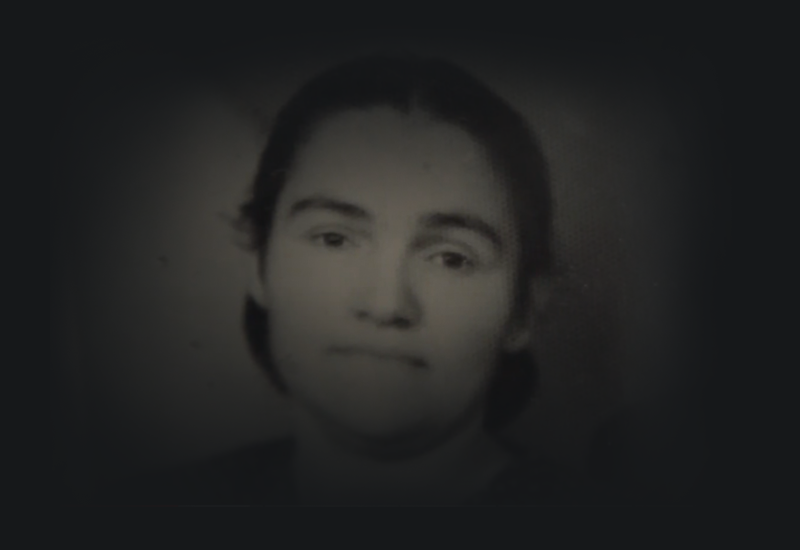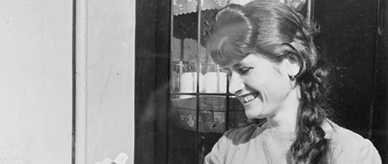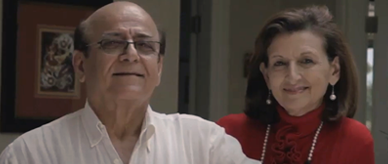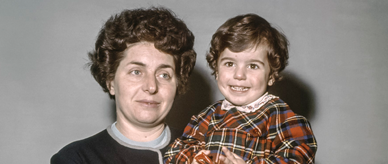Sofia Kallos migrated to Australia from Greece in 1956 for an arranged marriage to a man – also a Greek migrant – whom she had never met before.
Sofia learned English through listening to the radio while sewing, and reading the same books as her children. She raised her family in Adelaide, where she established a successful business as a seamstress.




